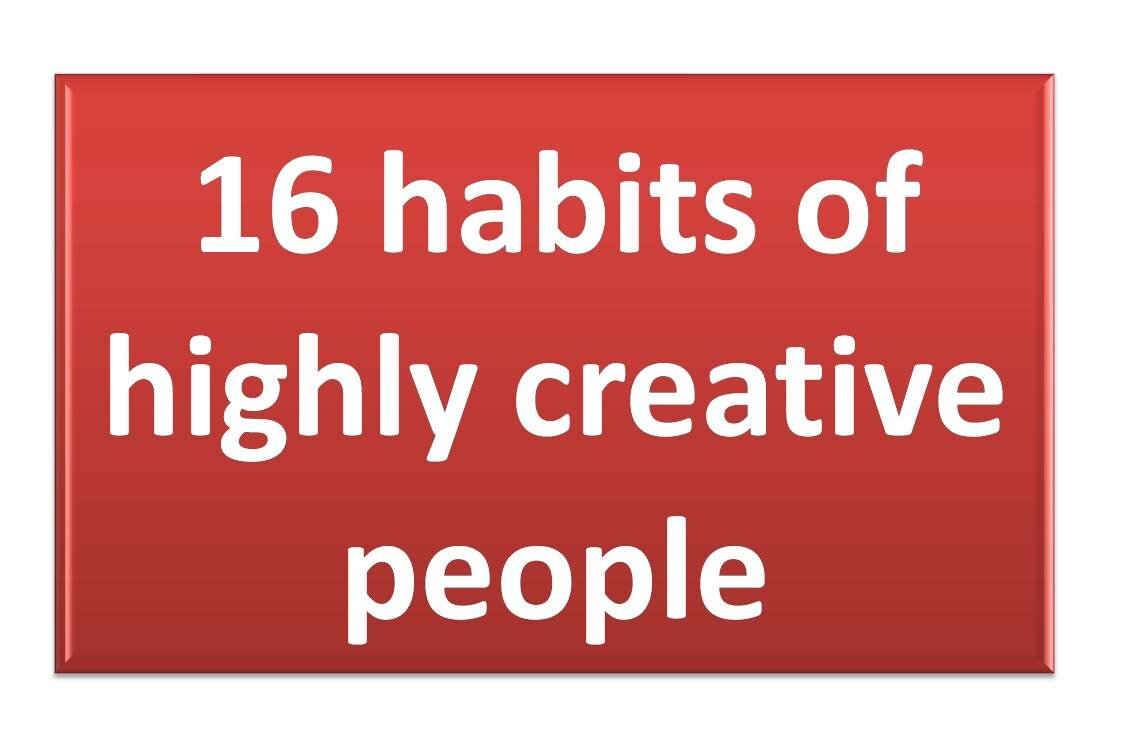Manage the Boss!
|
|||||||||
Guest Tickler | Jan 13, 2010
 Two¬† critical skills which the highest performing managers have in spades are the ability to influence and persuade. The most obvious targets for your powers of persuasion are your team, and sometimes your peers in different departments; but just as you need to manage down or sideways , it’s also critical you know how to manage upwards.
Two¬† critical skills which the highest performing managers have in spades are the ability to influence and persuade. The most obvious targets for your powers of persuasion are your team, and sometimes your peers in different departments; but just as you need to manage down or sideways , it’s also critical you know how to manage upwards.
Do it well, and you’ll shine. Do it badly and you could muddy your reputation and find yourself being passed over for advancement.
To help you make the right impression, here are four simple rules to remember, which will move you in the right direction.
1. Find out what the expectations are – and exceed them. Sounds obvious and simple – yet in my experience it’s neither! Try to answer the following questions:
Do you actually know what your manager’s top priorities are?
How clear are you about the order of priority your manager has for each area of your performance? How clear do you think your manager is about his/her expectations of you?
Sometimes expectations are written – but more often than not, they are unwritten expectations, which your boss may never have really clearly articulated to themselves, let alone you!
Put it this way -¬† if you don’t know for sure what will score you top points with this individual, you may find yourself chasing down the wrong rabbit hole.
And this is NOT about currying favour, or ingratiating yourself. This is about having a clear understanding on both sides about what is important, so you both know and agree where you should focus most of your time and attention. It actually makes your job easier.
So – if you don’t know the answers to the questions above – make a date in your diary to discuss this with your boss! (And before you actually have that meeting, make sure you read technique 4!)
2. Anticipate and address a boss’ concerns The trick here is a technique from what we call Neuro-Linguistic Programming (NLP) and is about being able to see the different “perceptual positions” around an issue. Put simply this means seeing something through someone else’s eyes, so you understand their thoughts, feelings, worries and perspectives.
An obvious way is to ask them! And we’d definitely encourage you to fnd the right opportunities to do just that. However, sometimes there’s neither time, nor is it appropriate. So what do you do then? You put yourself in their shoes. And when we say in their shoes – we mean wearing their shoes and looking through their eyes! This is not how you would feel in their shoes. You’re not them!
So, this is easier said than done. But here’s a few killer questions to ask yourself:
What will my  boss be anxious about?
What do his bosses expect of him?
How does what I do to help him/her look good?
If I/we do “x”, what might he/she be concerned about?
By answering these questions you’ll be much clearer about what you need to do to both pre-empt and address their concerns. It also significantly increases their perception you really understand where they are coming from, which in turn significantly¬† strengthens the trust and relationship between you.
3. Consistently look for ways to add value. This is a really simple rule. Bosses are more likely to listen if you speak in “can-do” language, and you are organised, and sound enthusiastic and eager to deliver results.
Look ahead when discussing a project, rather than dwelling on what’s already occurred. Follow through on promises. And adopt a “no-excuses” policy. Failing to produce results almost guarantees a boss will doubt your abilities. So, if you haven’t quite achieved what you set out to do – rather than saying what you’ve not been able to do, start with what you have achieved; be specific about what barriers there were, and summarise your plans to get back on track.
Your boss has pressures of his own. Don’t add to them.
4. Know your style – and know their style; and adapt your behaviour to suit their preferences. A great analogy from relationship expert Shay McConnon is that of the “hot chilli trap”. What is this? It’s when someone assumes that, because they love hot chilli, everyone else does too! Patently, some people do not like hot chilli!
If you’re in a foreign country you at least attempt to learn “please” and “thank you” in their language and show respect for their customs. It’s just courtesy. You adapt your own behaviour to show respect for the differences of perception.
To assume, because we speak the same language, we see things in the same way¬† – is quite clearly erroneous, yet we still persist in believing the mantra “treat others as you’d like to be treated.”
Absolutely not! Treat others as they would like to be treated.
So what does this mean for you in your relationship with your boss? It means the more you get to understand their style and preferences, and tweak your style to match, the more likely they are to warm towards you. If you lean towards an eye for detail and precision, but your boss just wants the big picture – give it that way. What is their biggest strength? Capitalise on it. What is their central goal? How can you assist? If they are extroverts who like to talk through ideas, provide that opportunity. If they are introverts who like to be able to read through something, and ponder it first, present your proposals in a way which will help them assimilate the information and ask questions.
Respect how they like to be treated.
And what if they don’t show the same trespect for you? Well, that’s a subject for another article!
————————
Shona Garner is an experienced Executive and Business Coach, specialising in helping managers build top performing teams, and increase their own standing in the organisation.
For a straight talking, practical guide to the top four secrets of every outstanding manager, visit http://www.increasingmanagerialsuccess.com/freereport.php
Filed Under: Miscellaneous
|
|||||||||



















Dear Shona !
Very useful tips to handle the Boss. Your Tips on Knowing Expectations, Concerns, Adding Value and Adapting are very real and Spot-On indeed !
The precaution whilst doing all these would be not to over-adapt or deform your normal behavioural styles by turning “opportunistic”, and instead stay “versatile” without losing the integrity of your intentions.